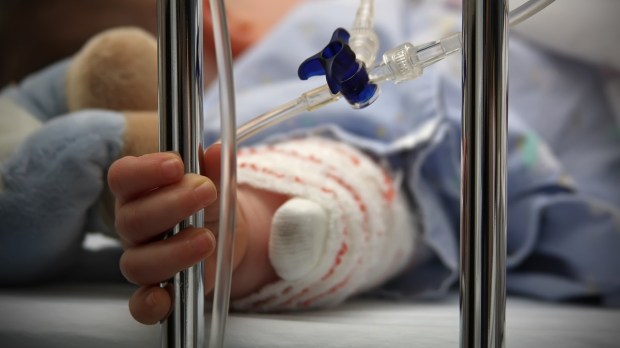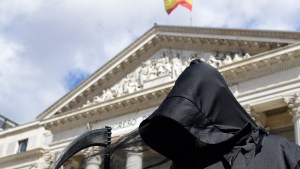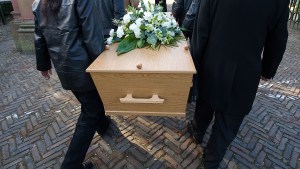The Health Minister of the Netherlands, Ernst Kuipers, has announced that the nation will broaden its policies on euthanasia. The modified regulations will allow for Dutch children between the ages of 1 and 12 to seek euthanasia in cases of terminal illness and “unbearable suffering.“
Since 2005, the controversial “Groningen protocol” has allowed the euthanasia of newborns diagnosed with “hopeless” cases that would lead to “unbearable suffering.” The new adjustments to the regulations will extend the offers of the protocol to children between 1 and 12 who fit the criteria.
While the euthanasia of a child is a rare occurrence in the Netherlands, Kuipers said he expected the number of children assisted in dying would be between 5 and 10 annually.
According to The Conversation, the new regulations do not necessarily make it legal to euthanize a child. Instead, they provide legal loopholes that would allow the courts to decline to prosecute cases that can prove “exceptional circumstances.” An example of such a case would include untreatable brain tumors that lead to relentless vomiting, screaming, and seizures in their dying phase. Epileptic children who sustain tens to hundreds of seizures per day would also be eligible.
Catholic Herald noted that the Netherlands recorded 8,720 reported deaths from euthanasia in 2022, which is a 14% rise from 2021. The number of Dutch citizens who chose euthanasia as a means of death in the last year accounts for 5.1% of the national total.
Under Holland’s euthanasia laws, depression is a legitimate reason for euthanasia as long as the patient can prove that they are suffering.
The Guardian points out that while the Netherlands was the first country in the world to legalize euthanasia, in 2002, they are not the first to offer assistance in dying to children. Belgium has offered euthanasia to terminally ill children of all ages since 2014.
In Aleteia’s previous coverage of Belgium’s euthanasia laws, we interviewed British bioethicist, David Albert Jones, Director of The Anscombe Bioethics Centre in the UK, who said of offering euthanasia to children:
“Euthanasia is always wrong because it always represents a decision to end life, to kill another human being. It represents a failure as a society to commit ourselves to caring for every person to the natural end of their life. It fundamentally alters the relationship of the professional and patient, and indeed of society to those who are ill.
“While it is presented as facing death it is in a paradoxical way a symptom of our inability to accept death, it is part of the denial of death to think that we can somehow take control of death so that it is something we do. It is basic to society that we acknowledge some essential values by accepting some fundamental limits to our actions upon others, and perhaps the most basic is that we do not take the life of another, except as a means to protect society from unjust aggression.”




